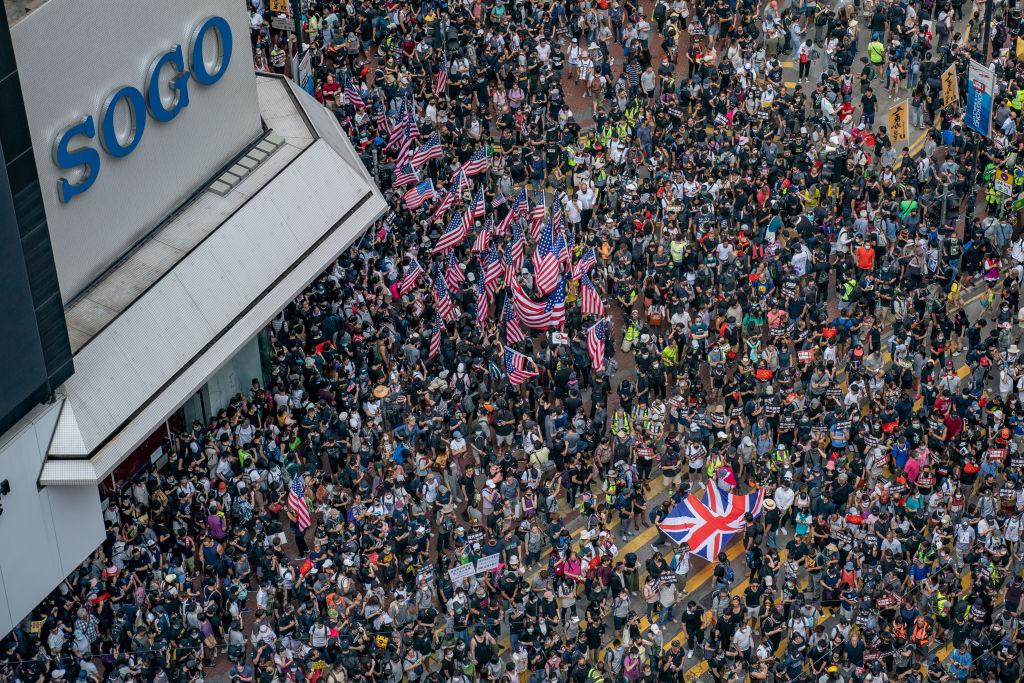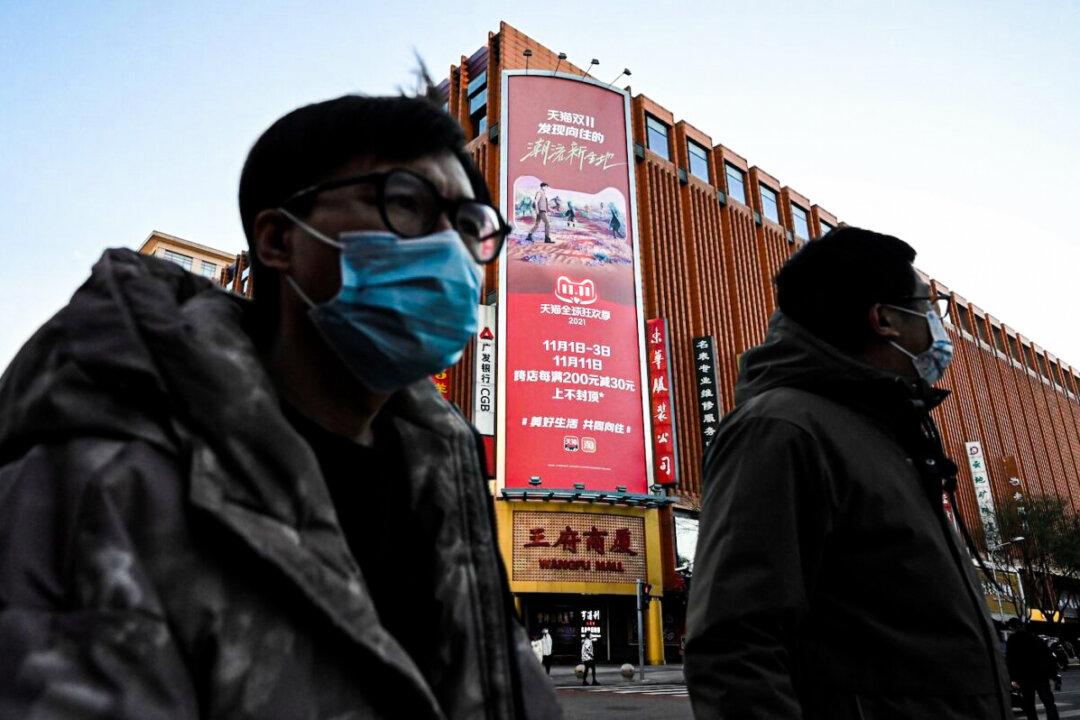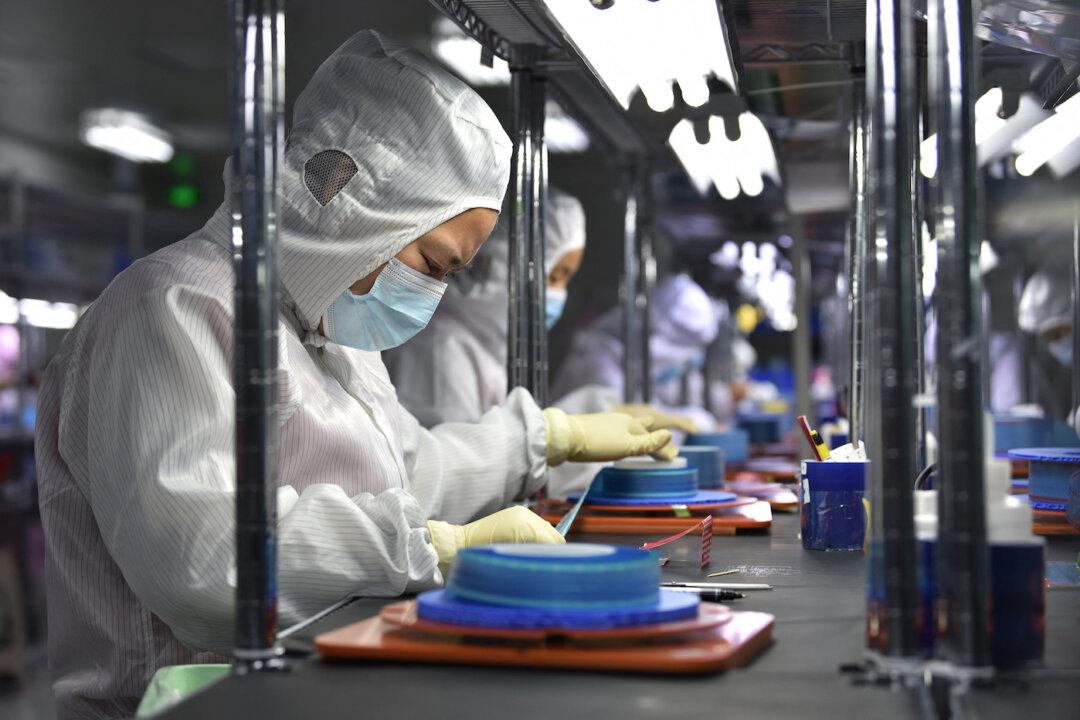Sept. 16 marks the 100th day of the Hong Kong anti-extradition law movement.
The final direction of Beijing’s solution to the Hong Kong issue is already very clear—the co-governance between government officials and business elites will end, bringing to fruition the “second return” of Hong Kong to Beijing.





